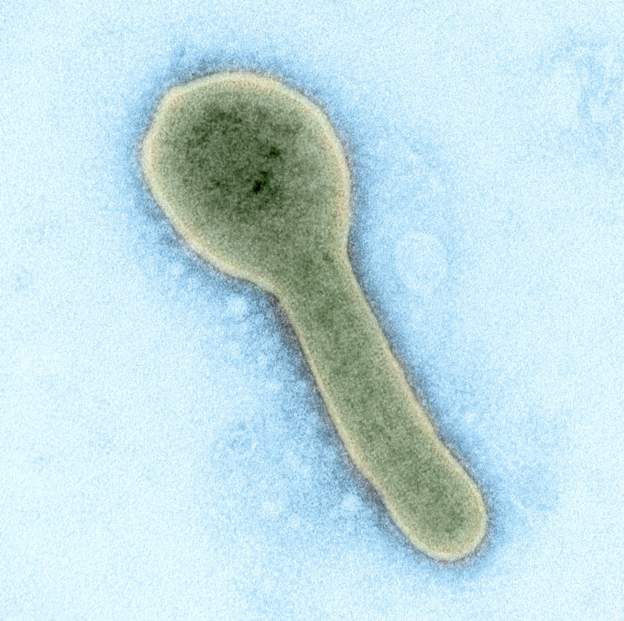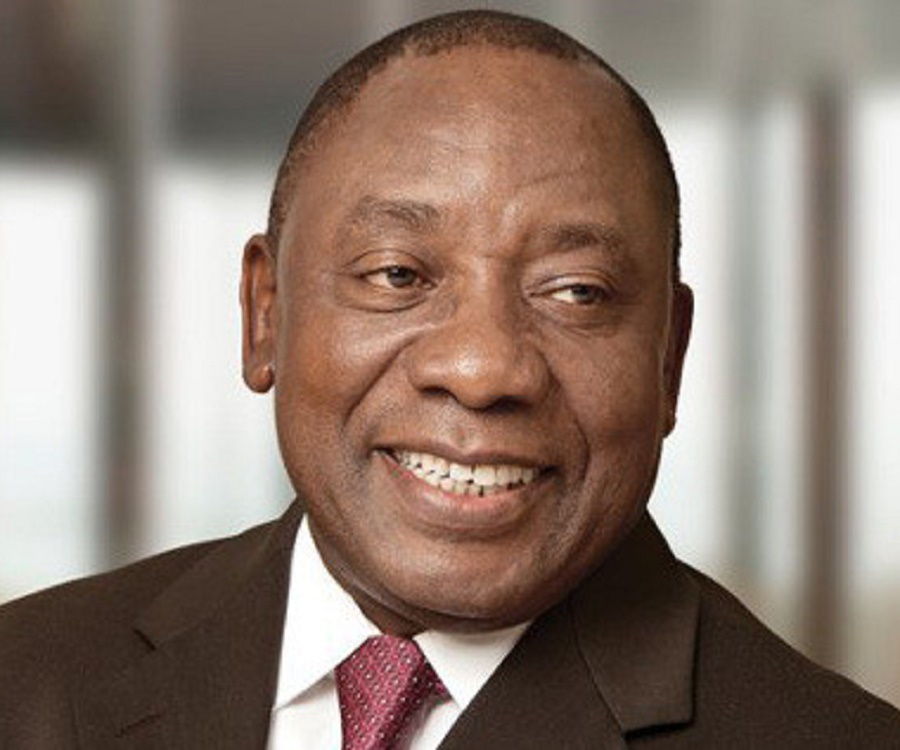
In Nigeria, three contenders are in frontline for presidency
What does Dementia do to high profile decision takers?
When people begin to age, possibly from 60 years of age, they have a high tendency of developing Dementia. But Dementia can also happen to younger people.
Dementia is a syndrome in which there is deterioration in cognitive function beyond what might be expected from the usual consequences of biological ageing.
Dementia results from a variety of diseases and injuries that primarily or secondarily affect the brain, including abuse of drugs and medications at earlier stages.
WHO study says Dementia is currently the seventh leading cause of death among all diseases and one of the major causes of disability and dependency among older people globally.
“Dementia has physical, psychological, social and economic impacts, not only for people living with dementia, but also for their carers, families and society at large”, said the report.
In most cases, sufferers say one thing when they meant to say the other. “Dementia is a syndrome – usually of a chronic or progressive nature – that leads to deterioration in cognitive function (i.e. the ability to process thought) beyond what might be expected from the usual consequences of biological ageing. It affects memory, thinking, orientation, comprehension, calculation, learning capacity, language, and judgement. Consciousness is not affected. The impairment in cognitive function is commonly accompanied, and occasionally preceded, by changes in mood, emotional control, behaviour, or motivation”
Further insight into the future of a Dementia patient is scary, especially when they hold high public offices. It becomes risky because a single irrational decision they make can affect the destiny of millions of people.
The early stage of dementia is often overlooked because the onset is gradual. Common symptoms may include: forgetfulness, losing track of the time and becoming lost in familiar places.
As dementia progresses to the middle stage, the signs and symptoms become clearer and may include: becoming forgetful of recent events and people’s names, becoming confused while at home, having increasing difficulty with communication, needing help with personal care, experiencing behaviour changes, including wandering and repeated questioning.
The late stage of dementia is one of near total dependence and inactivity. Memory disturbances are serious and the physical signs and symptoms become more obvious and may include: becoming unaware of the time and place, having difficulty recognizing relatives and friends, having an increasing need for assisted self-care, having difficulty walking, experiencing behaviour changes that may escalate and include aggression.




Recent Comments